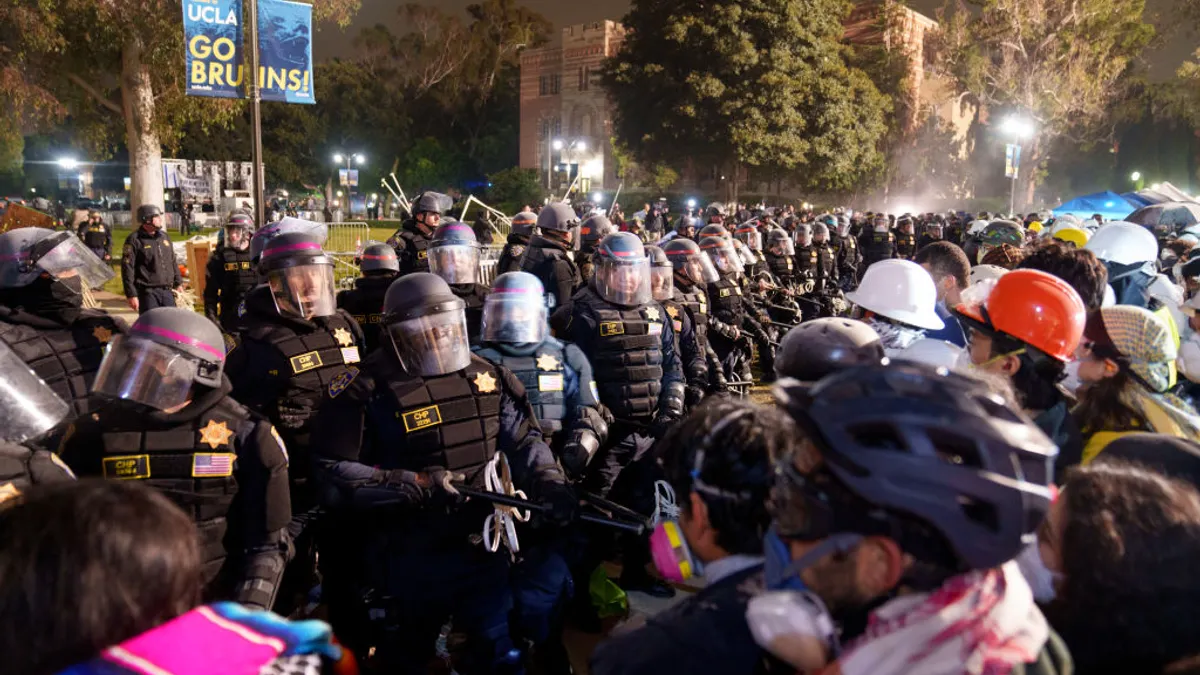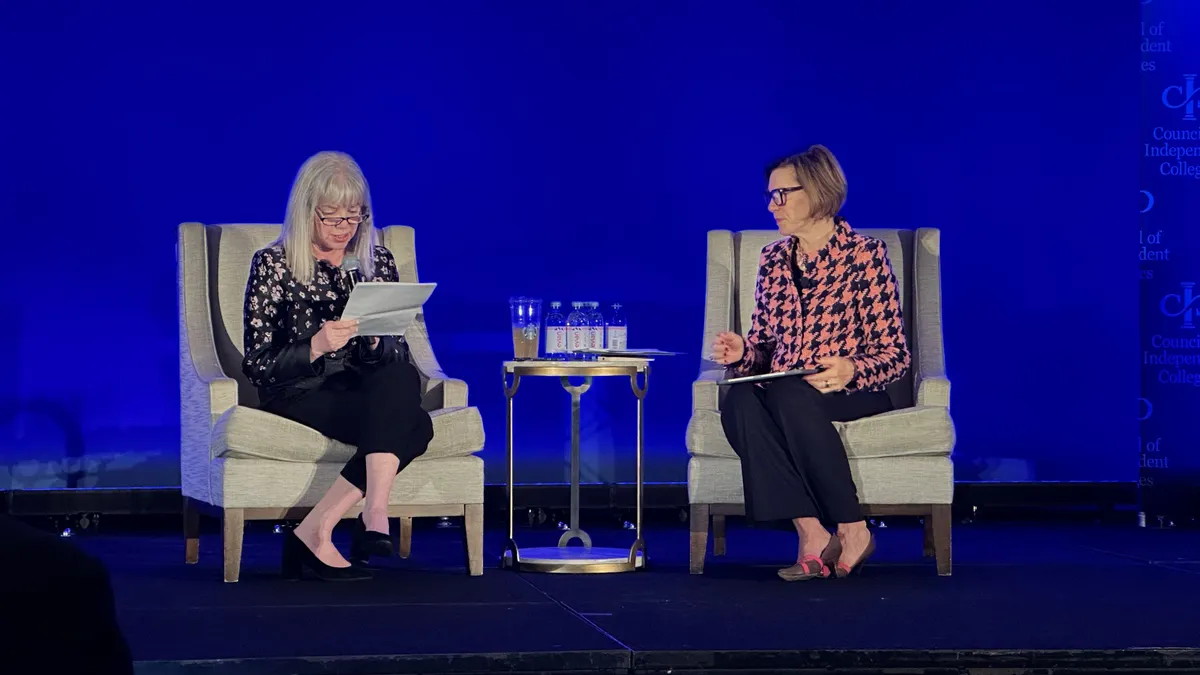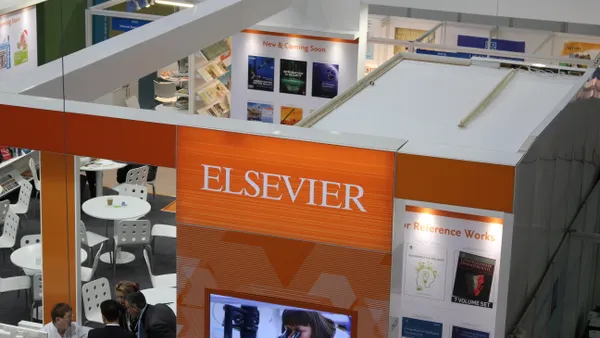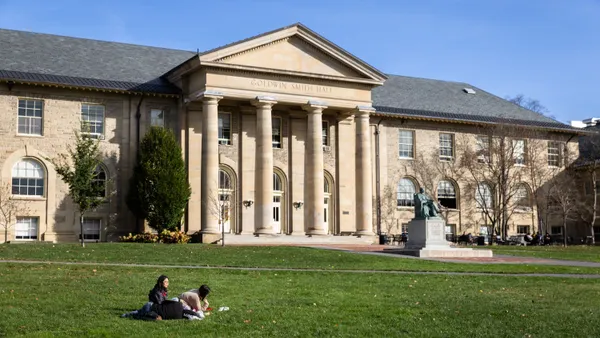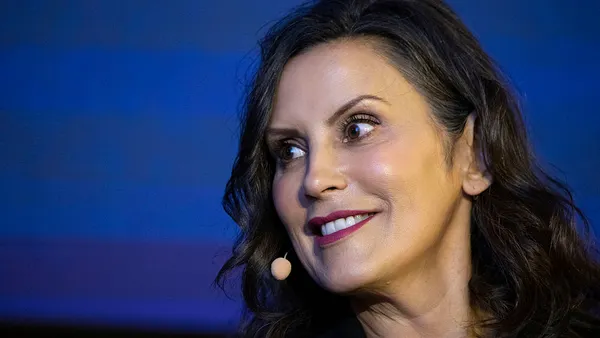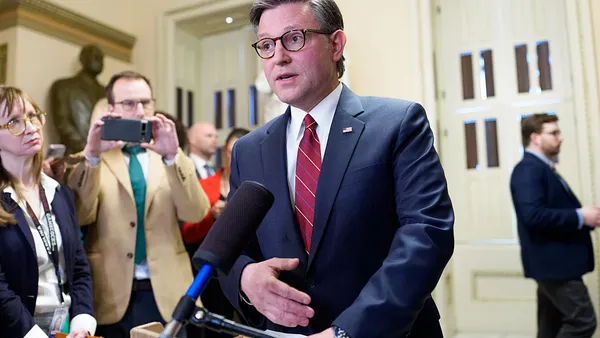Dive Brief:
- The University of California system agreed this week to enter negotiations with the Trump administration in an attempt to have $584 million in suspended federal funding restored to the University of California, Los Angeles.
- The funding cut came after the U.S. Department of Justice alleged last week that UCLA broke civil rights law by not doing enough to protect Jewish and Israeli students from harassment. The agency also launched a probe into whether the UC system discriminates against employees by allowing an antisemitic, hostile work environment.
- In announcing the negotiations Wednesday, UC President James Milliken called the UCLA cuts "a death knell for innovative work" and pushed back on the Trump administration's justification for the revoked funding. “These cuts do nothing to address antisemitism,” he said. “Moreover, the extensive work that UCLA and the entire University of California have taken to combat antisemitism has apparently been ignored.”
Dive Insight:
Many of the Justice Department's allegations against UCLA stem from a pro-Palestinian encampment erected on its campus in the spring 2024 term.
University leaders allowed the encampment to remain for nearly a week, citing a need to balance safety with free speech protections. They ultimately asked the Los Angeles Police Department to clear the encampment following a violent night in which counterprotesters attempted to tear down the encampment's barricades, launched fireworks into it and hit pro-Palestinian demonstrators with sticks and other objects.
The pro-Palestinian protesters at times fought back, though video footage from the night shows few instances of them initiating confrontations, according to reporting from The New York Times. When police arrived — hours after violence first broke out — they didn’t step in immediately.
According to the Justice Department, at least 11 complaints were filed with UCLA alleging that students experienced discrimination based on race, religion or national origin from encampment protesters.
The agency also cited a UCLA task force report that found some encampment protesters formed human blockades to stop people — including students wearing the Star of David or those who refused to denounce Zionism — from freely moving throughout Royce Quad.
Milliken noted in his statement that UCLA has taken several steps since then to tighten campus protest policies and combat antisemitism. The university instituted a systemwide ban on encampments and launched a campus initiative in March to fight antisemitism, including through training and an improved system for handling complaints.
UCLA also agreed last month to pay $6 million to settle a lawsuit brought by three Jewish students and a Jewish professor who alleged the university violated their civil rights by allowing the encampment protesters to impede their access to the campus. Over one-third of the settlement payment will go toward organizations that fight antisemitism, The Associated Press reported.
Meanwhile, the university is facing a separate lawsuit brought by about three dozen pro-Palestinian students, faculty and others who allege that UCLA’s leaders didn’t protect them from the counterprotesters and failed to uphold their right to free expression. The lawsuit also names the counterprotesters as defendants.
Their lawsuit says UCLA police merely “stood and watched” for hours while counterprotesters “ruthlessly attacked” the encampment demonstrators, alleging the group broke their bones, burned their eyes with chemicals, and hit them with metal rods and other weapons.
The next day, the LAPD and the California Highway Patrol cleared the encampment at the request of university leaders. According to the lawsuit, law enforcement “hurled flashbangs, shot powerful kinetic impact projectiles at peoples’ heads and faces, and used excessive physical force against and falsely arrested students, faculty, and concerned community members.”
Police arrested over 200 people while clearing the encampment. Those detained faced "invasive searches, false arrests, sexual assaults, and prolonged detentions," and hijab-wearers were forced to remove their head coverings "infringing on their religious practices," the lawsuit alleged.
The pro-Palestinian plaintiffs suing UCLA are seeking damages and for the judge to declare the clearing of the encampment illegal, among other measures.


